Why did Hong Kong criminalize CBD?
Hong Kong had a quickly-growing CBD industry. Why did officials suddenly change course?

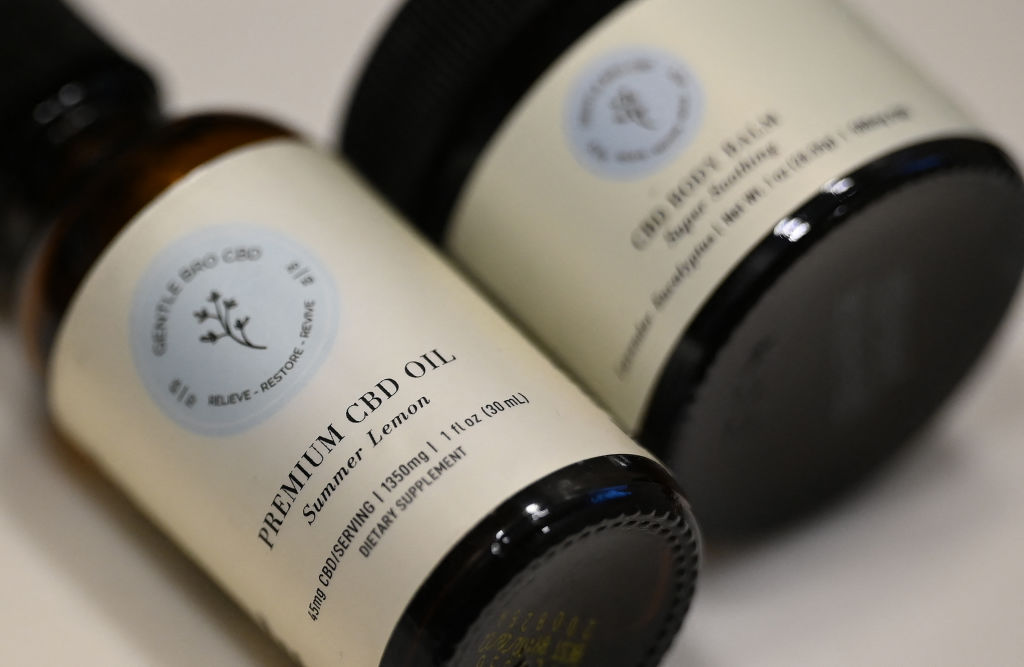
A free daily email with the biggest news stories of the day – and the best features from TheWeek.com
You are now subscribed
Your newsletter sign-up was successful
A law banning CBD products has officially gone into effect in Hong Kong. Despite the growing number of CBD businesses popping up over the past few years, city officials have criminalized the substance. Here's what you need to know about Hong Kong's CBD product ban:
What is CBD?
CBD, or cannabidiol, is one of the chemicals known as cannabinoids that are found in hemp and marijuana plants. Both plants are part of the Cannabis sativa plant family, but they differ in which is the more prevalent cannabinoid. CBD is extracted from industrial hemp, while marijuana remains more widely illegal mainly due to high concentrations of THC (tetrahydrocannabinol). Unlike its sister compound, CBD is non-psychoactive, meaning it won't get you high. Instead, limited research and anecdotal evidence suggest CBD can help with chronic pain and inflammation and reduce stress and anxiety. Some studies also indicate that it could effectively treat sleep issues.
Despite the recent boom in global popularity, experts continue to debate CBD's health benefits and risks. Still-shifting laws have led to the proliferation of CBD products and rapid growth in the cannabis industry. As of Feb. 2022, the global market for CBD was estimated to grow to $48 billion, per Vantage Market Research.
The Week
Escape your echo chamber. Get the facts behind the news, plus analysis from multiple perspectives.

Sign up for The Week's Free Newsletters
From our morning news briefing to a weekly Good News Newsletter, get the best of The Week delivered directly to your inbox.
From our morning news briefing to a weekly Good News Newsletter, get the best of The Week delivered directly to your inbox.
Why is Hong Kong changing its policies on CBD?
Two years ago, "cannabidiol was booming in Hong Kong," says CNN, and local business owners were "eager to join an exciting new market already well-established in countries around the world." That all recently came to a screeching halt when the city criminalized the substance. On Feb. 1, a new policy categorizing CBD as a "dangerous drug" went into effect. The legislative ban, introduced by Hong Kong lawmakers last June, puts the substance in a similar boat as heroin, cocaine, and methamphetamine, Time magazine reports. Under the new law, the possession and consumption of any amount of CBD are punishable by seven years imprisonment and a fine of up to 1 million Hong Kong dollars ($127,607 USD), per CNN. Manufacturing, importing, or exporting CBD would lead to a life sentence. The government warns that travelers could also face penalties, warning people not to try "buying these products or bringing them back to Hong Kong."
The government's narcotics officials' concerns revolve around potential traces of THC in CBD products. According to the Time report, local authorities also argue that the studies showing CBD's health benefits have not been authoritatively proven. In a written response to questions raised by the Legislative Council Secretary for Security Tang Ping-keung said that throughout 120 "operations," law enforcement found over 3,8000 seized products with traces of THC. He suggested that the government should apply its strict cannabis laws to CBD products as well.
"We have adopted 'zero tolerance' towards drugs and we understand that it is a matter of public concern," he said, per CNN. "Therefore, the government plans to control CBD."
Hong Kong is following the lead of some of the more stringent drug regulations in neighboring countries. Singapore, for example, has a strict zero-tolerance approach that outlaws CBD use by Singaporean citizens or permanent residents domestically and abroad. China made CBD illegal in 2022, despite reportedly being one of the largest hemp cultivators, per Time.
A free daily email with the biggest news stories of the day – and the best features from TheWeek.com
How is this affecting local business owners?
Some local businesses have phased out their CBD products, while others have decided to close altogether. Yardley Brothers Craft Brewery stopped making its CBD beverages last year in preparation for the ban, selling out its remaining inventory at the end of last year. Founder Luke Yardley told CNN, "It's a shame because there's a missed opportunity for sure." Found, Hong Kong's first CBD cafe, closed at the end of Sept. 2022 in response to the ban.
In an Instagram post thanking its patrons for their support, Found wrote, "Sadly, in spite of the demonstrable positive impact, it has now become apparent that the Hong Kong government intends to adopt new legislation to prohibit the sale and possession of CBD."
Med Chef, a restaurant that once offered Hong Kong's "first full menu of CBD-infused cocktails, appetizers, and entrees," also closed its doors by Nov. 2022. The restaurant's farewell post said, "It's a pity that things didn't go the way we hoped. Under the latest policies of those in power, we ultimately aren't able to continue forward with everyone."
Theara Coleman has worked as a staff writer at The Week since September 2022. She frequently writes about technology, education, literature and general news. She was previously a contributing writer and assistant editor at Honeysuckle Magazine, where she covered racial politics and cannabis industry news.
-
 Local elections 2026: where are they and who is expected to win?
Local elections 2026: where are they and who is expected to win?The Explainer Labour is braced for heavy losses and U-turn on postponing some council elections hasn’t helped the party’s prospects
-
 6 of the world’s most accessible destinations
6 of the world’s most accessible destinationsThe Week Recommends Experience all of Berlin, Singapore and Sydney
-
 How the FCC’s ‘equal time’ rule works
How the FCC’s ‘equal time’ rule worksIn the Spotlight The law is at the heart of the Colbert-CBS conflict
-
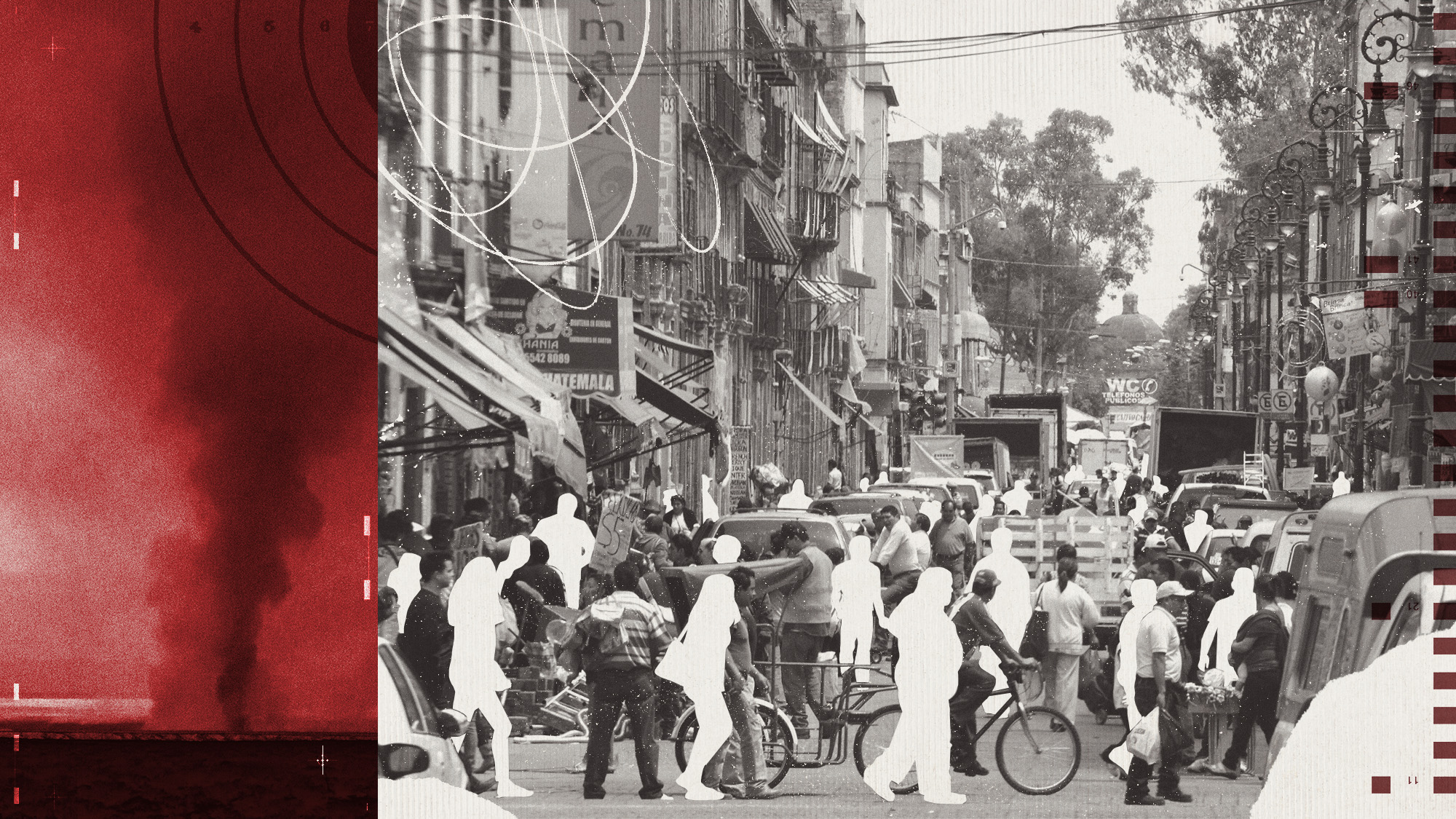 Mexico’s forced disappearances
Mexico’s forced disappearancesUnder the Radar 130,000 people missing as 20-year war on drugs leaves ‘the country’s landscape ever more blood-soaked’
-
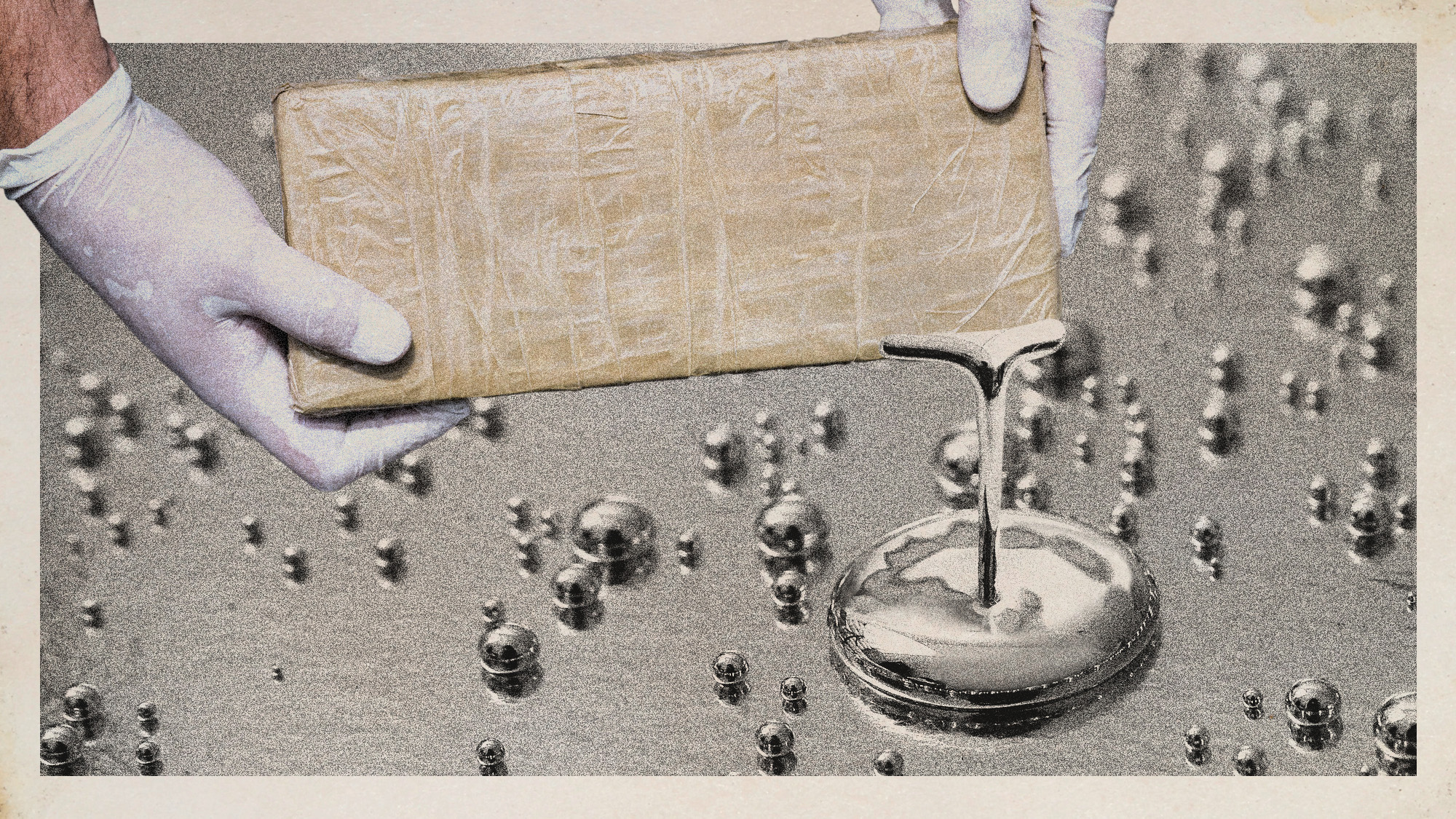 Illicit mercury is poisoning the Amazon
Illicit mercury is poisoning the AmazonUnder the Radar 'Essential' to illegal gold mining, toxic mercury is being trafficked across Latin America, 'fuelling violence' and 'environmental devastation'
-
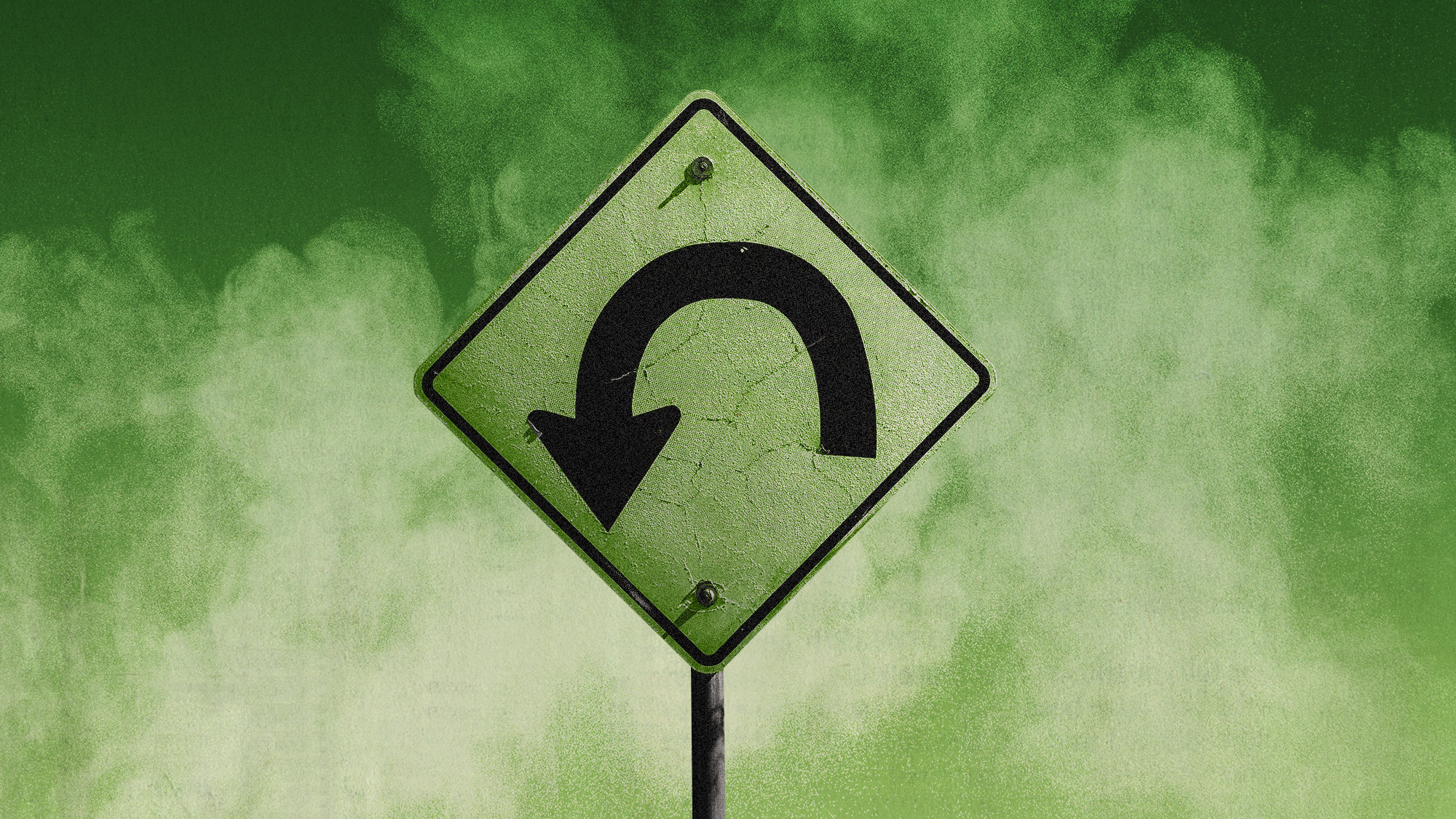 Thailand is rolling back on its legal cannabis empire
Thailand is rolling back on its legal cannabis empireUnder the Radar Government restricts cannabis use to medical purposes only and threatens to re-criminalise altogether, sparking fears for the $1 billion industry
-
 Narco subs are helping to fuel a global cocaine surge
Narco subs are helping to fuel a global cocaine surgeThe Explainer Drug smugglers are increasingly relying on underwater travel to hide from law enforcement
-
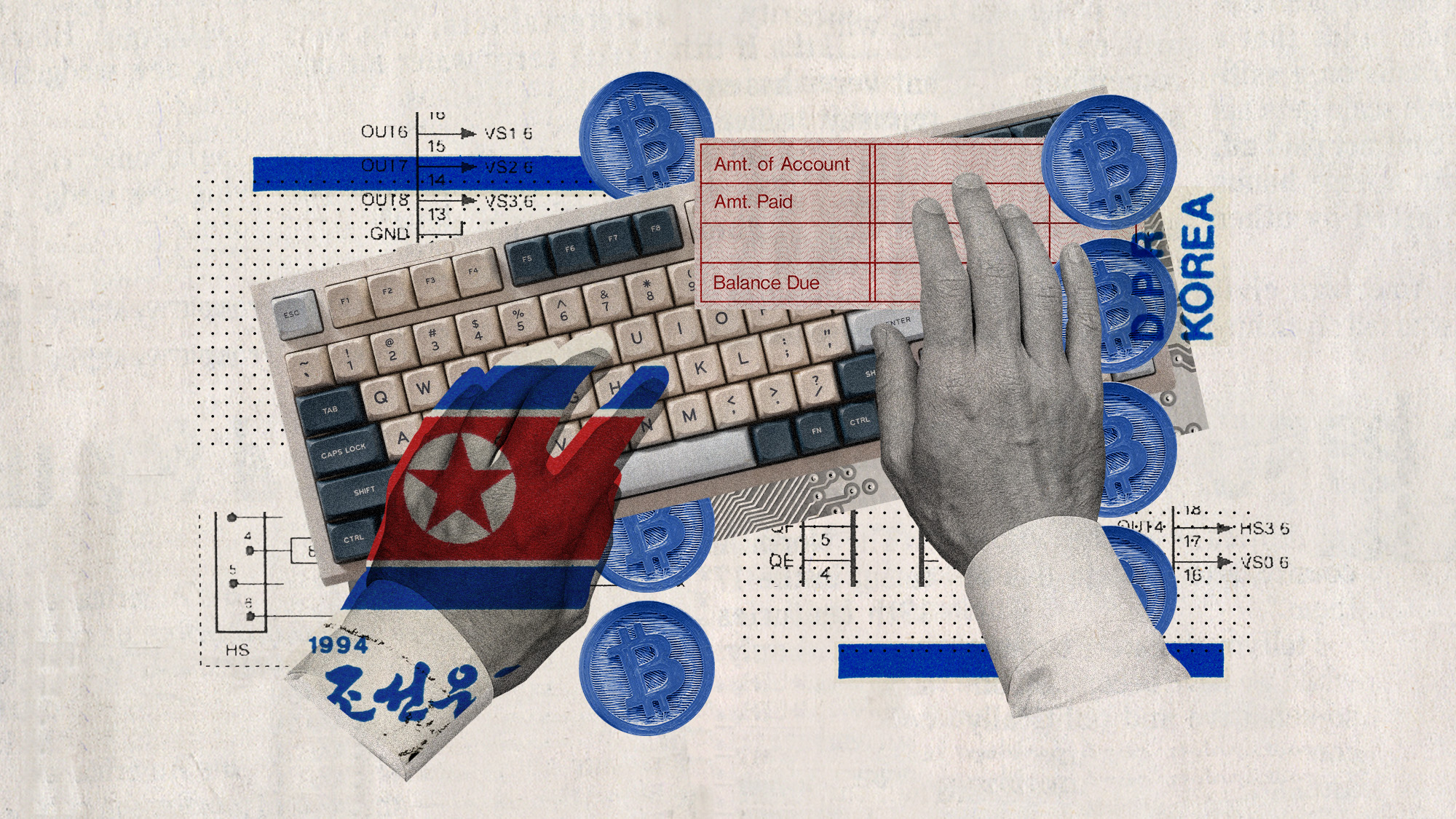 North Korea may have just pulled off the world's biggest heist
North Korea may have just pulled off the world's biggest heistUnder the Radar Hermit kingdom increasingly targets vulnerable cryptocurrency, using cybercrime to boost battered economy and fund weapons programmes
-
 Mexico extradites 29 cartel figures amid US tariff threat
Mexico extradites 29 cartel figures amid US tariff threatSpeed Read The extradited suspects include Rafael Caro Quintero, long sought after killing a US narcotics agent
-
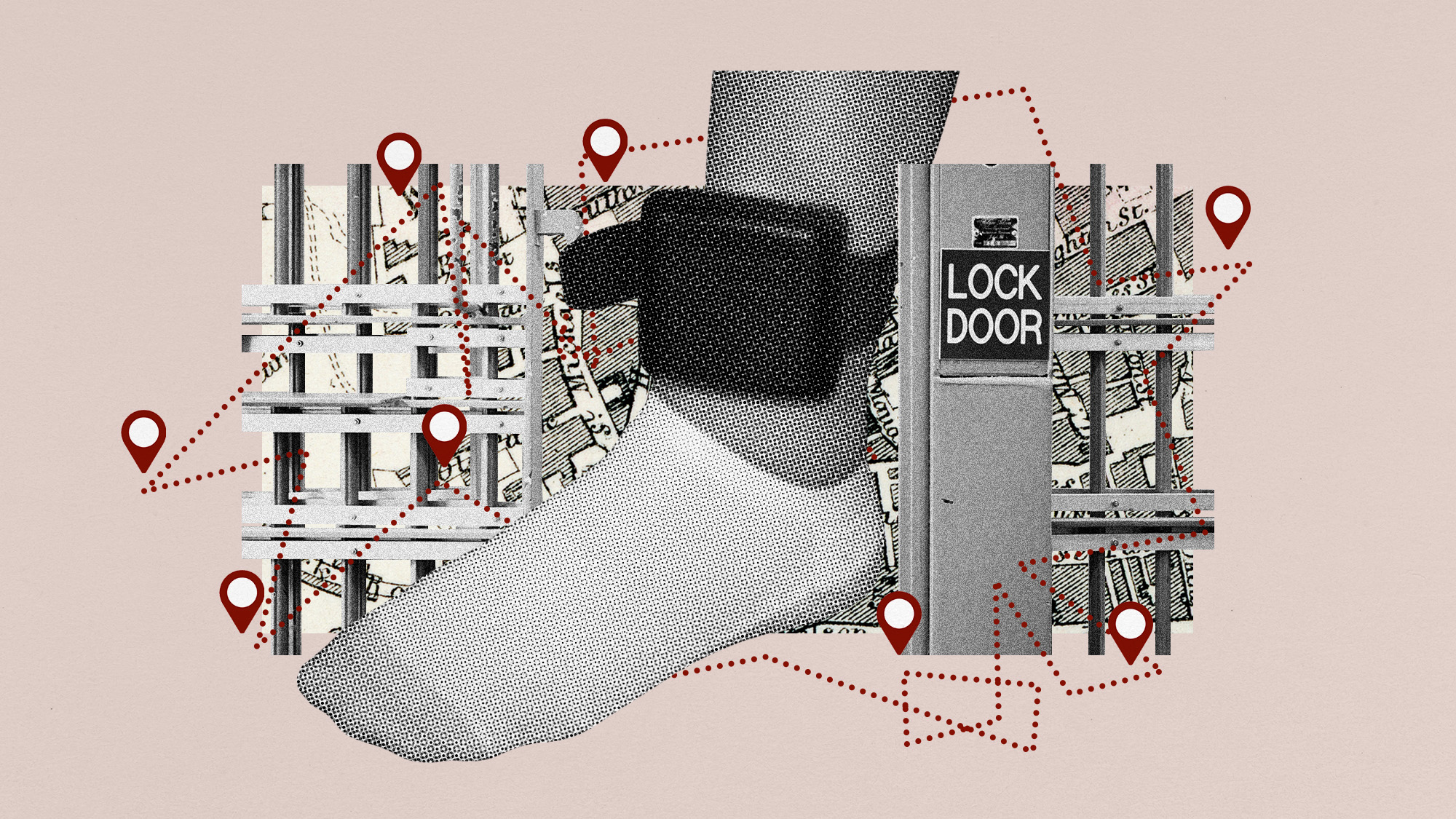 'Virtual prisons': how tech could let offenders serve time at home
'Virtual prisons': how tech could let offenders serve time at homeUnder The Radar New technology offers opportunities to address the jails crisis but does it 'miss the point'?
-
 Inside Marseille's deadly drug wars
Inside Marseille's deadly drug warsThe Explainer Teenage hitmen recruited through social media are lured by money and gang 'brand'
